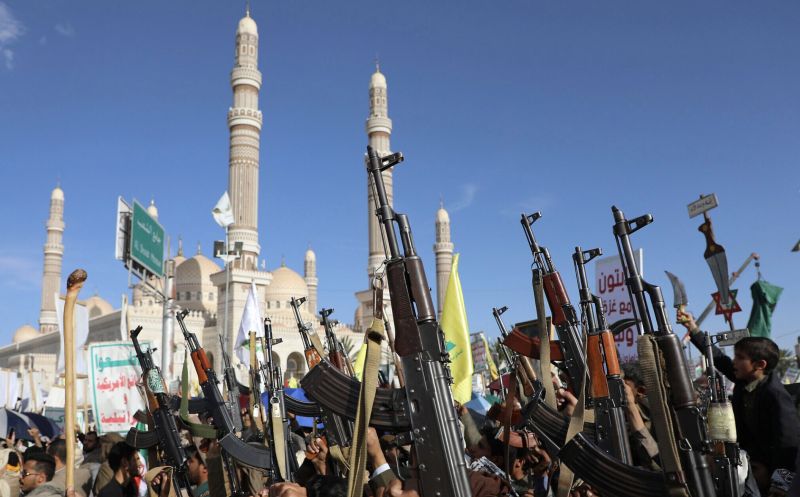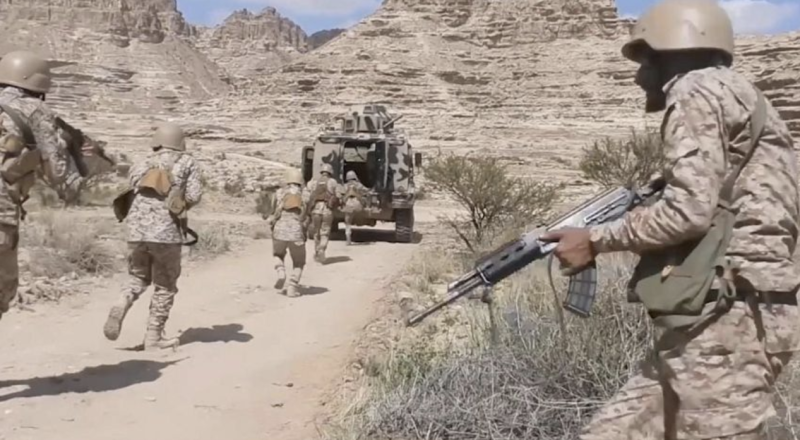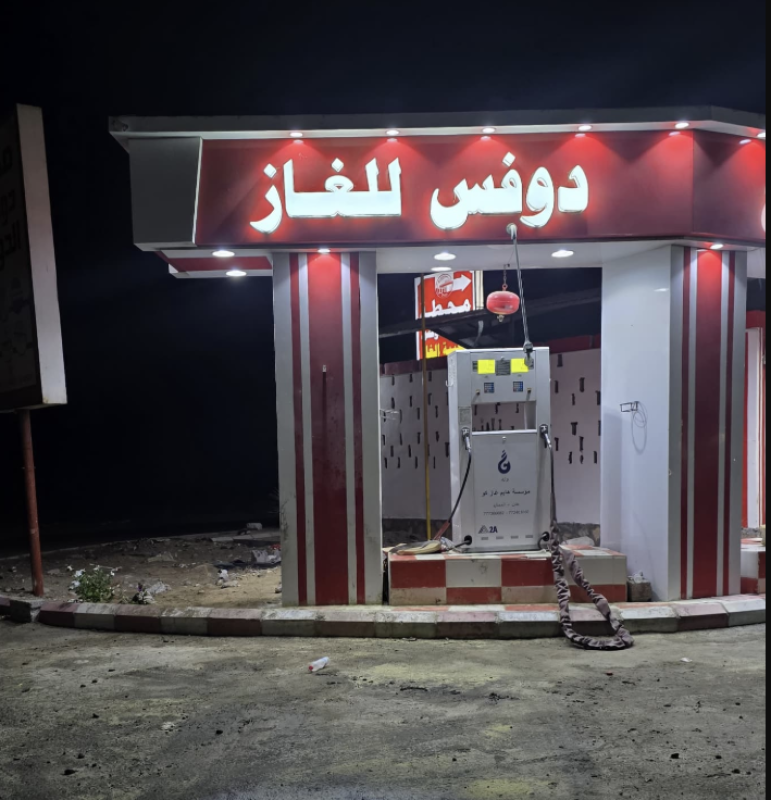How Yemen's Houthis control Sanaa and alarm the West


(Reuters) - It was Waddah al-Hitari's beard that killed him. Militiamen on the streets of Yemen's capital shot him dead one Friday because he looked like a terrorist, colleagues of the young doctor said.
Hitari was killed by a member of the Houthis, an armed Shi'ite faction whose fighters had swept down from the north and stunningly captured Sanaa from the army about a month earlier.
Their arrival following anti-government protests threatens to further destabilize Yemen, already wracked by political turmoil since the Arab Spring revolutions of 2011.
The Houthis are fighting al Qaeda, two commanders have been sanctioned by the United States, and the group is viewed as Shi'ite Iran's ally in its proxy war with Saudi Arabia, which has suspended aid to Yemen since the Houthis arrived.
While the Houthis have stamped their authority on the capital, they are by no means universally popular and were understandably jumpy when they spotted Dr Hitari that Friday in October.
A day earlier, a suicide bomber had blown up a Houthi checkpoint in Sanaa, killing 47 people in an attack claimed by al Qaeda in the Arabian Peninsula (AQAP).
"They said he looked like a terrorist. We told them he was a doctor," said Mostafa al-Nadish, a colleague of Hitari, referring to the doctor's beard.
Nadish said the shooter thought Hitari may have been armed. Afterwards, the Houthis negotiated a blood money deal with Hitari's father.
As judge, jury and executioner, the Houthis have left no doubt they are the new power players in Yemen, leaving the West and neighboring Gulf countries, especially Saudi Arabia, with a new problem in an already turbulent region.
Yemen, like Iraq, Syria and Lebanon, is now at the heart of a battle for regional influence between Iran and Saudi Arabia.
And despite persistent U.S. drone strikes and millions of dollars poured into training Yemen's counter terrorism forces, AQAP remains a determined enemy, as highlighted by their killing last week of American hostage Luke Somers.
The Houthi takeover has meant AQAP, who regard Shi'ites as heretics, has attracted new recruits.
Widely seen as a failed state, Yemen remains one of the gravest threats to stability in the Gulf and beyond, playing host to an al Qaeda militancy determined to launch spectacular attacks against the West.
POURING OUT ALCOHOL
While some Yemenis admire the Houthis' stance against corruption, the group's heavy-handed tactics have angered many.
Since taking over on Sept. 21, the Houthis have penetrated key state institutions.
How they managed to move in so quickly is not clear. One theory was that some army units were not loyal to President Abd Rabbu' Mansour Hadi.
A senior official in Yemen's defense ministry said: "The units that were on the front line received verbal orders not to engage in confrontation."
Now, Houthi checkpoints seem to be everywhere in Sanaa.
Young men with AK-47s peer at cars passing through checkpoints where captured military vehicles carry signs saying: "Death to America, Death to Israel".
"They have a representative in the finance department who sits on the side and looks over all checks before they are processed," the defense official said. If he's not convinced, he confiscates the check and throws it into a plastic bag.
"They have also started to appoint Houthi deputies as the heads of important departments in the defense ministry," he said.
Jane Marriott, Britain's ambassador to Yemen, said the U.K. was also "picking up reports of Houthis running illegal detention facilities and setting up their own court system".
A senior U.S. official said the Houthis’ expansion to the south was a major concern but there were also signs the group was starting to be incorporated into the country’s political process.
Sanaa residents however dislike Houthi security measures.
"It's just a humiliation," said a man called al-Qudsi, referring to the rigors of passing through Houthi checkpoints on the way to work.
Even diplomats are not spared. At the airport, the Houthis have forced some to empty bottles of alcohol considered to be forbidden under Islam.
The German embassy complained to the Yemeni foreign ministry that its diplomats had faced demands for up to $250 to pass through the airport VIP hall, while the Chinese embassy said customs officials tried to search the ambassador's personal belongings, according to documents seen by Reuters.
RELATIONSHIP WITH IRAN
The Houthis deny they are copying the Iranian-backed Hezbollah movement, the most powerful force in Lebanon.
But similarities in tactics, such as blocking the airport road and setting up protest camps in the capital, have prompted accusations that the Houthis get support from Iran.
Salah al-Sammad, a Houthi who advises the president, says the group only assumed control to root out corruption, and will leave once the government can provide security in Sanaa.
That assertion is greeted with some scepticism, and a senior security official told Reuters that Iran sent weapons and money to the Houthis, whose leaders had traveled to Iran and Lebanon.
Sammad denied receiving Iranian support.
But a large bomb at the Iranian ambassador's residence last week, claimed by AQAP, appeared also to be a message that the Houthis have outstayed their welcome.
It is hard to see how Yemen can avoid sectarian conflict between the Houthis and al Qaeda. The bomb at the Iranian envoy's house may just be the beginning.
(Writing by Yara Bayoumy; Additional reporting by Matt Spetalnick; Editing by Giles Elgood)

Sana'a –A newly released report by the United Nations Panel of Experts on Yemen has revealed that the Houthi movement has strategically explo…

Al-Jawf – Yemeni government forces successfully repelled a Houthi attack on military positions in the eastern front of Al-Jawf Governorate la…

Abyan, Yemen – A fire broke out at the Dofes Commercial Complex, located along the strategic Abyan–Aden highway, following a gas explos…